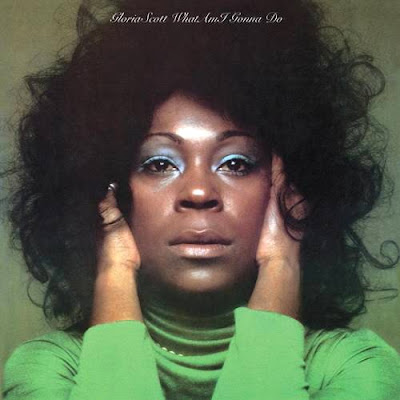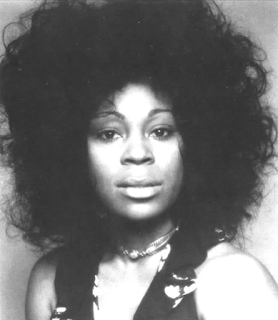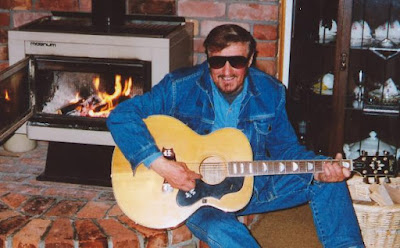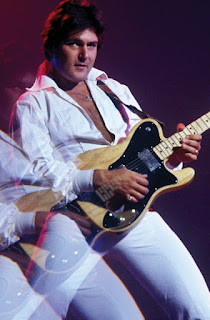Marty Grosz (born February 28, 1930) is an American jazz guitarist, banjoist, vocalist, composer and one of jazz music's great comedians (his spontaneous monologues are often hilarious). His chordal solos bring back the sound of Carl Kress and Dick McDonough of the 1930s, while his vocals are very much in the Fats Waller tradition.
Martin Oliver Grosz was born in Berlin, Germany, the son of the artist George Grosz. Marty has been a resident of the USA since the age of three when his toes were tapping to radio songs in New York. His urge for musical expression manifested itself when he began strumming a ukelele at the age of eight. A few years later he heard a record that highlighted guitarist Bernard Addison's shuffle-beat behind Roy Eldridge's trumpet: Out went the uke and in came the guitar while still attending Columbia University.
His musical inclinations were towards Dixieland jazz. In 1950, Marty cut his first record with a band that included the young pianist, Dick Wellstood, and the veteran New Orleans bassist, Pops Foster. A visit to Chicago in 1954 turned into a twenty-year residency during which he recorded with Dave Remington, Art Hodes, and Albert Nicholas. He also led sessions of his own in 1957 and 1959 for Riverside and Audio Fidelity. He performed with Bob Wilber and wrote arrangements for him.he also played with many of Chicago’s jazz stars such as Albert Ammons, Floyd O'Brien, Art Hodes, and Jim Lannigan.
Marty returned to New York in 1975 to join Bob Wilber and Kenny Davern's Soprano Summit. There followed a round of touring and recording with Soprano Summit; Dick Wellstood's Friends of Fats; Yank Lawson and Bob Haggart; and the New York Jazz Repertory Orchestra directed by Dick Hyman, an orchestra with which Grosz played at the White House. Grosz tried his best to coax Jabbo Smith out of retirement with some of their rehearsals were later released on an obscure LP.
In 1986 Grosz became a charter member of The Classic Jazz Quartet, along with Dick Wellstood, Joe Muranyi, and Dick Sudhalter. Besides playing and singing with the group, Marty wrote most of its arrangements and later heading the Orphan Newsboys, a superb quartet that also includes Peter Ecklund, Bobby Gordon, and bassist Greg Cohen. He has also performed at concerts with Joe Pass, Herb Ellis, and Charlie Byrd. He enjoys playing guitar duets and often works in a duet context with a violinist or saxophonist.
Here’s “No Lovers Allowed” from above album.
According to the critics, Marty Grosz is today's foremost jazz rhythm guitarist and chord soloist. He is virtually the only major jazz guitarist who doesn't use an amplifier. This makes him either the last remaining proponent of the acoustic guitar tradition in jazz or the lone harbinger of a new non-electric movement.

As a featured single, Marty has made guest appearances on Public Radio's A Prairie Home Companion and Fresh Air with Terry Gross, and on NBC's Today Show. He was spotlighted at Carnegie Hall during the Cool Jazz Festivals and, more recently, at New York City's prestigious 92nd St. Y concerts and at the Vineyard Theater in Manhattan. Marty has recorded several delightful sets for Jazzology and Stomp Off.
When he isn't on the road with his guitar, Marty and his wife like to spend afternoons on their patio in Piermont, New York, vodka in hand, watching the lazy Hudson drifting by. Grosz describes his health as good “for a cat my age.” Playing every day keeps his fingers nimble. “It’s how I get my exercise,” he said. “The bad thing is practically everybody I ever played with or knew for any length of time is...“ he gave the thumbs-down “... dead.”
(Edited from All About Jazz, AllMusic Wikipedia & The Philadelphia Inquirer)























































